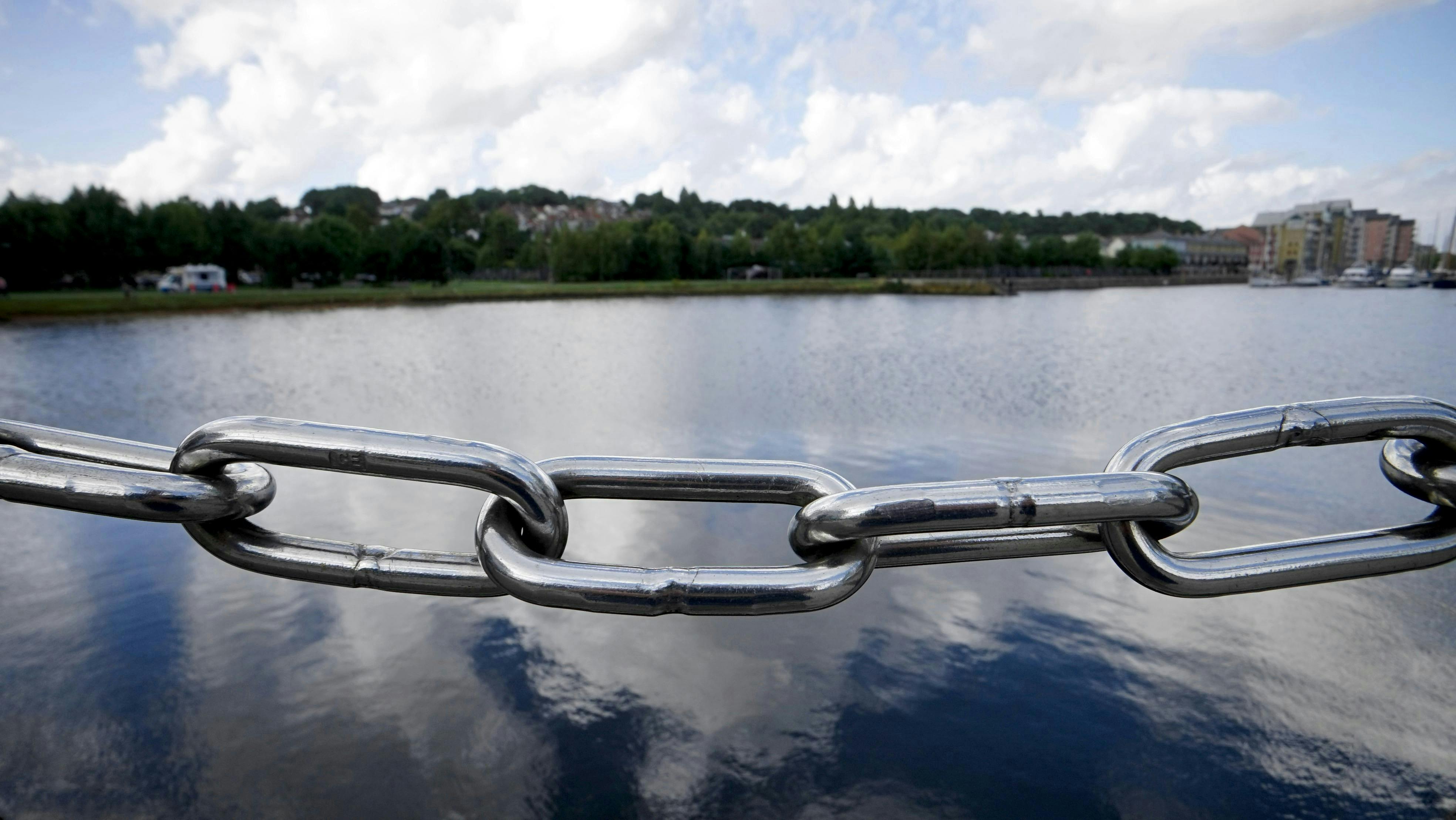Article
Supply Chain Management in Iceland
The supply chain is a crucial component in the management of any company or organisation. As a specialised function, supply management has evolved into an integrated system over the last few decades. Previously, there were the disjointed areas of procurement or purchasing and transport. Today, the supply chain covers the entire path from the procurement of the product to delivery to the consumer. Due to the external factors involved, it can sometimes get complicated and it is the job of those involved in supply chain management in Iceland to overcome these.
Each Business Has Its Unique Challenges
There are many similarities in managing the supply chain for different products, but also some differences. The problems of the garment industry may not be the same as those of the fishing industry. There are special moments, such as the current coronavirus pandemic, that have affected the logistics business like never before. Industries in Iceland that depend on imported raw materials have taken a hit. Although freight transport was one of the first to resume, there are still many restrictions in place. Those responsible for managing the supply chain in Iceland will have spent sleepless nights trying to figure out how to keep the flow uninterrupted.

Fishing Industry in Iceland and Supply Chain Management
Any discussion of supply chain management in Iceland would be incomplete without analysing the status of the fishing industry. The country has a thriving business, with much of the production from this sector being exported. Domestic consumption is limited due to the country’s small population. The industry must first ensure a regular supply of raw materials from the catchment areas. The raw fish must be treated before it can be transported to the production facilities for fishery products. In Iceland, technology has been used in this area and although the number of fishing vessels and fishermen has decreased over the years, the quantities handled by the industry have steadily increased. The government also controls the amount of fish caught each year.
The supply chain in the fishing industry consists of several stages. It begins on the fishing vessel itself, as it can sometimes take several days for the vessel to reach the coast after the actual catch. The infrastructure for gutting and cleaning the catch has been created in the trawlers. The fish are then sorted and stored in ice containers with labels to identify the variety and quantity.
As soon as the trawlers reach the coast, further processing takes place. Some companies have set up the infrastructure in their fishing trawlers to carry out the second stage of processing the raw material. This saves time and ensures that the factories that produce and package the end products receive fresh material. All of this is an important part of supply chain management in Iceland.
Academic Support
The universities in Iceland offer Bachelor's and Master's degree programmes in supply chain management and logistics. Students gain in-depth knowledge of how supply chains work and graduates of these programmes can be taken on directly by industry. They may first need to be familiarised with the field and receive an orientation on the different aspects of the supply chain process, and they should be able to apply their academic knowledge in practise. In Iceland, there is already good co-operation between the industry and the universities. This ensures that the courses are structured in such a way that students can learn not only the theoretical but also the practical aspects of supply chain management.
If you require any type of assistance in Iceland, contact Swapp Agency.